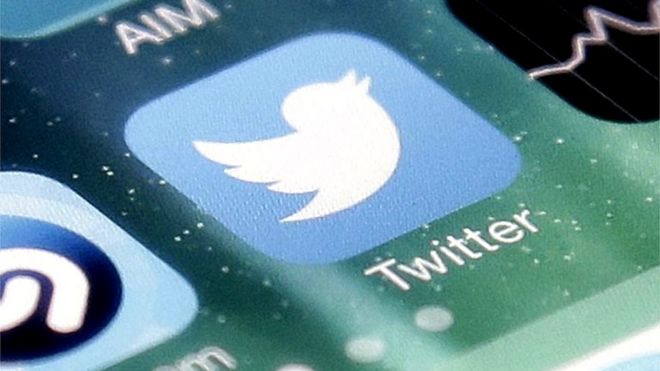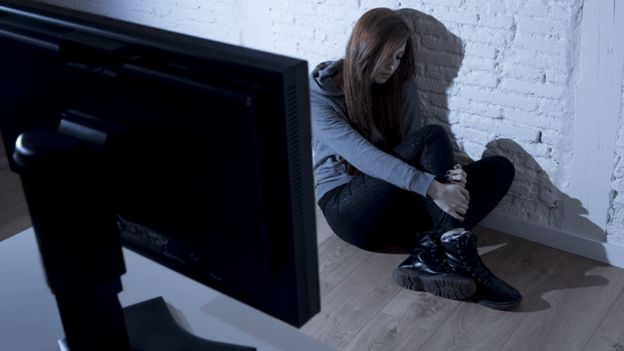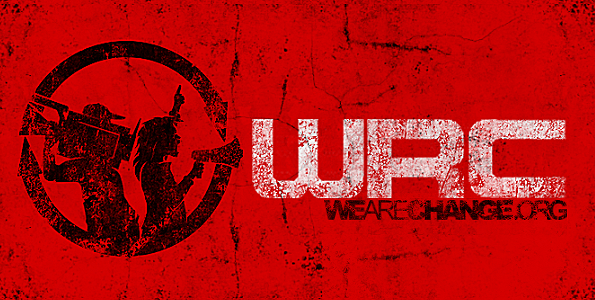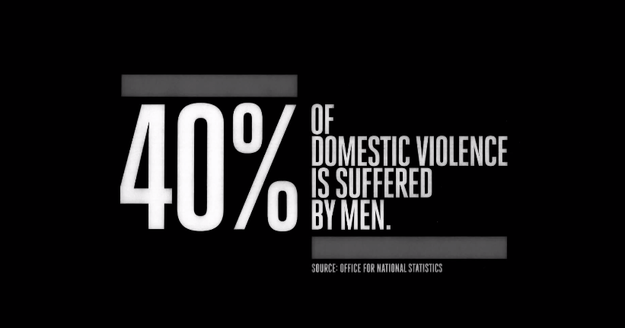Half of all misogynistic tweets posted on Twitter come from women, a study suggests.

Twitter boss Jack Dorsey has pledged to tackle abuse on the platform
Half of all misogynistic tweets posted on Twitter come from women, a study suggests.
Over a three-week period, think tank Demos counted the number of uses of two particular words as indicators of misogyny.
It found evidence of large-scale misogyny, with 6,500 unique users targeted by 10,000 abusive tweets in the UK alone.
Twitter boss Jack Dorsey has said that tackling abuse is a priority.
The research comes as UK MPs – Yvette Cooper, Maria Miller, Stella Creasy, Jess Philips – alongside former Liberal Democrat minister Jo Swinson, launch their Reclaim the Internet campaign, in response to growing public concern about the impact of hate speech and abuse on social media.
America’s secret history of forced sterilization: Remembering a disturbing and not-so-distant past
The campaign has opened an online forum to discuss ways to make the internet less aggressive, sexist, racist and homophobic.
Launching the campaign, Ms Cooper told the BBC: “The truth is nobody knows what the best answers are. There is more when there is criminal abuse, for example rape threats, that the police should be doing but what is the responsibility of everyone else? What more should social media platforms be doing?”
She said that the campaign was an opportunity for the public to “put forward their proposals and demands for the changes we want to see”.
In response to the survey, Twitter’s head of trust and safety Kira O’Connor told the BBC: “Hateful conduct has no place on the Twitter platform and is a violation of our terms of service.
“In addition to our policies and user controls, such as block, mute and our new multiple tweet reporting functionality, we work with civil society leaders and academic experts to understand the challenge that exists.”
The Demos study also looked at international tweets and found more than 200,000 aggressive tweets using the words, “slut” and “whore”, were sent to 80,000 people over the same three weeks.

WHY IS ABUSE SO PREVALENT ONLINE?
The commonsense approach to posting comments on social networks would be to never say anything online that you wouldn’t say to someone’s face but that simple rule seems to be regularly ignored.
Being able to post anonymously helps and, in many ways, social networks have become the modern day equivalent of a natter over the garden fence or a gathering on the village green – but on a global scale.
And just as in the old gossip circles of old, there will be people whose comments are meaner or more aggressive than the rest, so that is amplified online. And now the voices of the trolls can be heard and they can pick victims – generally people they don’t know – pretty much at random.
Abuse on social networks is not new and neither is the revelation that women contribute to the problem.
A 2014 study from cosmetics firm Dove found that over five million negative tweets were posted about beauty and body image. Four out of five were sent by women.
The bigger question is what can be done about it?
We have seen in recent years the police take the issue much more seriously and trolls have faced lengthy prison sentences. Some have made public apologies to their victims.
Education will be key. Teaching youngsters who haven’t yet joined social media platforms that politeness is not a dying art and that if you say hurtful things online, they could genuinely cause distress, may give the next generation pause for thought before they start typing.
SnapChat: LukeWeAreChange
fbook: https://facebook.com/LukeWeAreChange
Twitter: https://twitter.com/Lukewearechange
Instagram: http://instagram.com/lukewearechange
Demos used algorithms to distinguish between tweets being used in explicitly aggressive ways and those that were more conversational in tone.
Researcher Alex Krasodomski-Jones said: “This study provides a birds-eye snapshot of what is ultimately a very personal and often traumatic experience for women.
“While we have focused on Twitter, who are considerably more generous in sharing their data with researchers like us, it’s important to note that misogyny is prevalent across all social media, and we must make sure that the other big tech companies are also involved in discussions around education and developing solutions.”
She added that it was not about “policing the internet” but was more “a stark reminder that we are frequently not as good citizens online as we are offline”.
Thousands have responded to the hashtag #ReclaimtheInternet, with many congratulating the female MPs for starting the campaign.
Others though questioned how effective the campaign would be, with some questioning whether it would damage free speech.
Demos research reveals women and girls as well as men responsible for using misogynistic words in abusive manner online
READ MORE: http://www.bbc.com/news/technology-36380247

HELP GIVE Luke a Trip To Germany -JOIN-
OPERATION INVESTIGATE BILDERBERG -2016-
Sign up become a patron and Show your support for alternative news
 We use Bitcoin Too !
We use Bitcoin Too !
The post Half of The misogynistic Tweets posted on Twitter Are from women appeared first on We Are Change.
from We Are Change http://wearechange.org/half-misogynistic-tweets-posted-twitter-women/



No comments:
Post a Comment